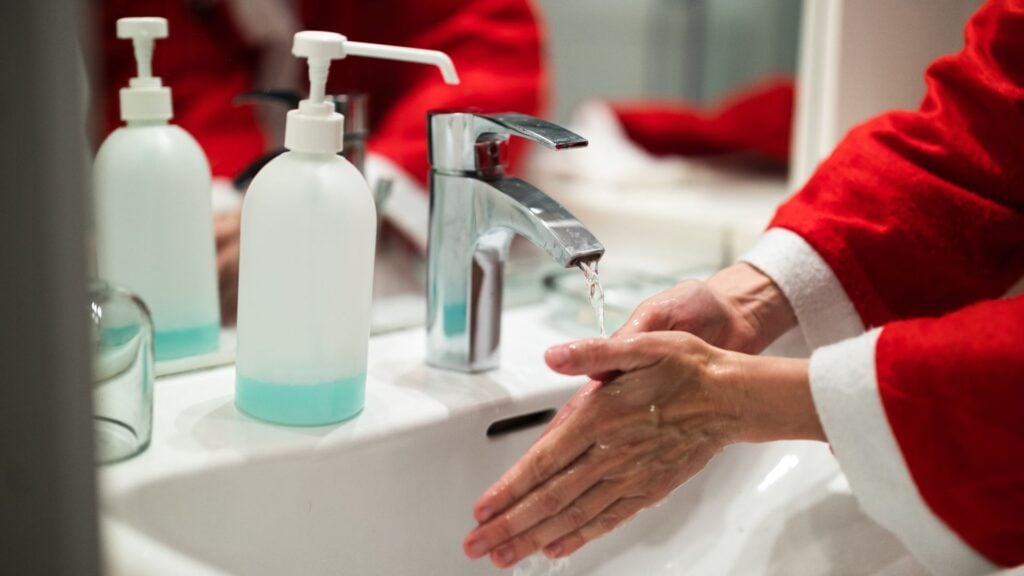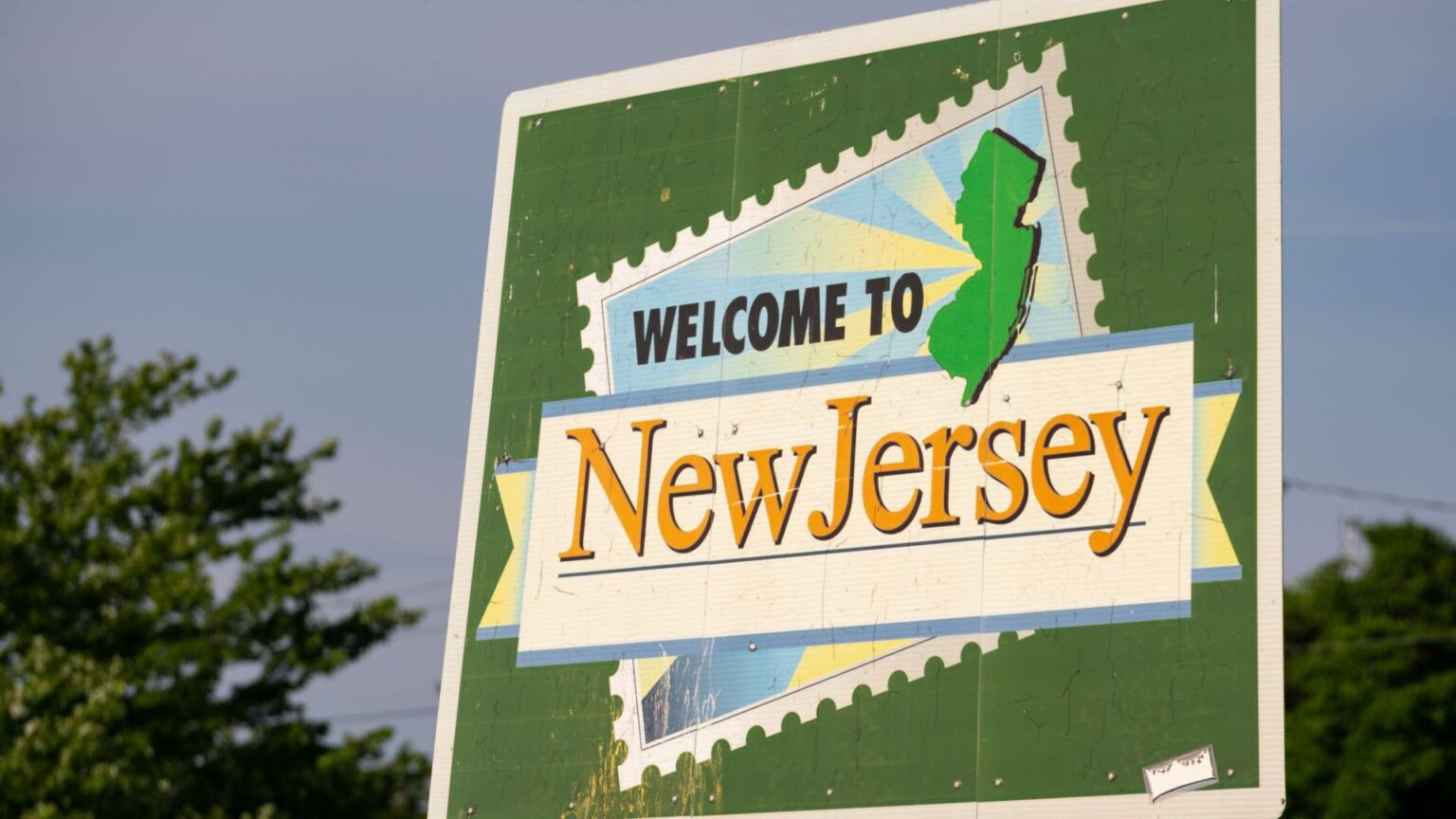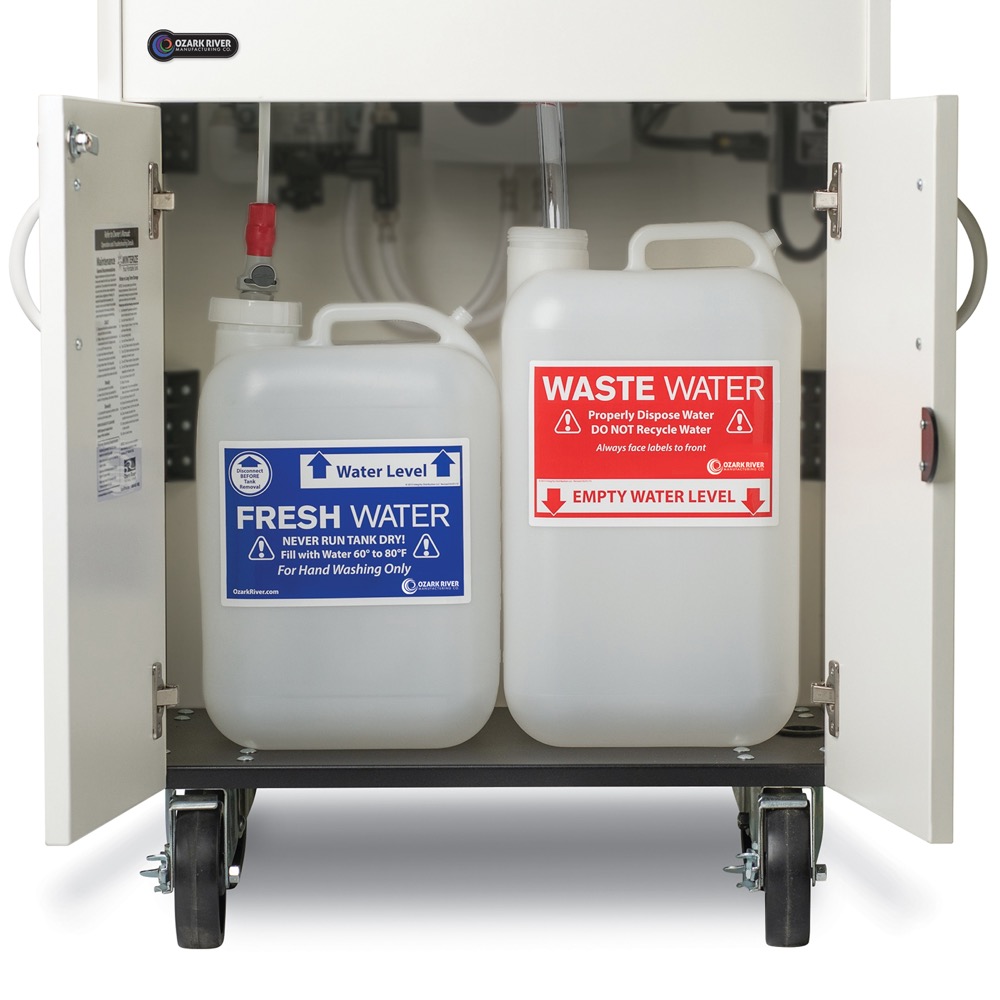

New Jersey has extensive and detailed sink regulations. While this may feel burdensome to a business owner, they are part of the safety precautions that keep staff and customers safe and healthy. Here’s everything you need to know about New Jersey’s hand washing sink regulations and what you can do to ensure your company complies with them.
The New Jersey Administrative Code outlines handwashing sink rules for a wide variety of businesses. The local public health department inspects and enforces regulations in most cases, but there are some exceptions. For example, the Department of Family Service (DCF) oversees childcare facilities.
Though not a complete list, some of the establishments subject to New Jersey’s handwashing sink regulations are:
The regulations for each facility are fairly extensive and detailed, though many regulations are similar across industries. For example, no matter where the handwashing facilities are or who they serve, they must provide some kind of soap.
Unlike other states, New Jersey’s hand washing sink regulations for food service establishments apply to nearly every conceivable type of facility, including:
All food establishments in New Jersey need to provide handwashing facilities that:
Each hand washing sink or group of two handwashing sinks must provide soap and a wastebasket for single-use disposable towels. Businesses can also provide a continuous towel system or heated air dryer for drying hands, but you cannot use a shared towel to dry hands.
While food trucks are subject to food service establishment guidelines for handwashing facilities, ice cream trucks with a soft-serve dispenser must follow specific hand washing sink regulations outlined in the Code.
Each truck must have a hand washing sink that supplies running hot and cold water, soap, and single-use towels or a mechanical hand dryer. The sink also has to have a supply tank and a waste tank. The waste tank must:
You also need to be able to easily see how full the waste tank is at any given time.

Hand washing sink regulations for ear piercing and body art shops are as detailed and specific. However, it also includes instructions on what to do if the shop doesn’t have easily accessible handwashing facilities.
Artists must wash their hands after smoking, eating, drinking, and using the restroom. They’re also required to wash their hands before each procedure and wear gloves. One of the specific details is that after the artist washes and dries their hands, they must turn the tap off using a clean, dry, single-use paper towel. The same rule applies if the artist exits the handwashing facilities using a knob or door handle.
However, if handwashing sinks with running water are unavailable, the artist has two options. First, they can use an alcohol-based sanitizer to clean their hands if they aren’t obviously dirty or have visible signs of blood or bodily fluids. However, if their hands are dirty, they must wash them in a hand washing sink, even if it’s not easily accessible. After returning to the client, the artist must then use a hand sanitizer before starting work.
Finally, if the business provides liquid soap, the container must be emptied and cleaned between fillings.
New Jersey dialysis clinics are also subject to hand washing sink regulations. Some of the details include:
New Jersey recognizes several types of childcare facilities. Each facility must follow similar but distinct handwashing sink regulations.
A child care center is a facility that cares for six or more children under the age of 13 for less than 24 hours each day. These centers are licensed by the Department of Children and Families (DCF), Office of Licensing (OOL).
All staff must wash their hands:
All of the above rules apply even when staff wear disposable gloves.
At these facilities, children three months and over must wash their hands with soap and running water:
Baby wipes are an acceptable substitute only when the child is under three months old.
Family child care is different from a licensed daycare facility. Family child care centers are home-based and care for no more than five nonresidents aged 13 or younger at any one time. Handwashing sink regulations for family child care include:
Children must wash their hands:
Adults are subject to the same rules as children but must also wash their hands:
Family care facilities must also provide each child with a clean towel and washcloths that only they use or single-use disposable towels.
No matter what kind of business you’re in, New Jersey’s extensive hand washing sink regulations all but guarantee you need a proper hand washing sink, and a portable sink can help your business comply.
Ozark River Manufacturing portable sinks have hot and cold running water, a waste tank, and are perfect for:
Contact us today to see what Ozark River Manufacturing’s portable sinks can do for your business.

Ozark River Manufacturing designs and delivers top-quality, NSF-certified portable sinks. Since 2006, our inventive and bold team has ensured health compliance with quick-connect tanks and instant hot water. With over 55 models, we provide solutions for every need, backed by exceptional customer support and timely delivery. Healthy people matter, and we make a positive impact every day.


Take your time but make sure to save your cart. Drop us your email and we'll take care of the rest!
Code Compliance
Order Cancellations or Modifications
Delivery
Damages and Replacements
After-the-Sale Support
Contact Information
Lead-Times
Our goal is to get you your portable sink in the fastest, most economical method possible. All orders are shipped from our Assembly Plant in Murfreesboro, TN 37129 with a truck carrier (LTL) to the 48 contiguous states. Lead-times vary by product, are demand-driven, and are updated on the product detail pages. Large orders may increase lead-times. Expedited or shipping outside of the 48 contiguous states is also available and may incur additional costs. Please call 866.663.1982 for availability.
Order confirmations include estimated ship dates and are subject to change without notice.
Order Cancellations or Modifications
You can cancel or modify your order in writing before the product has shipped from our location. Cancelations may incur a 5% processing fee if paid by credit card. Please call 1.866.663.1982 or email us at Orders@ozarkriver.com.
Orders that have left our dock will incur a 30% restocking fee, as well as all incurring freight and/or damage charges. The customer is responsible for all damages, so please follow all provided return instructions carefully. Absolutely no changes or cancellations are allowed on custom or large orders.
Disclaimer: Models, styles, colors and availability may change without notice.
[ninja_form id=9]
[caldera_form id=”CF5f5fdf04c0b03″]
We believe that it is our personal responsibility to provide clean hands for people and business because, now more than ever, healthy people matter.
From restaurants and food service businesses that gain new convenience and opportunities as a result of our Ozark River Portable Sinks®, to educators and daycare centers that have healthier students and fewer absentees, to businesses that are now in hand wash code compliance due to implementing our portable sinks – lives our improved with every portable hand sink we manufacture.
We love what we do. We win together. We never give up. We don’t cut corners.
We have a vision with a clear focus – improve lives every day with a convenient solution for better personal hygiene, and the ability to comply with state and local hand wash codes – and we’ve maintained that focus since 2004.
We love saving your day, and we are ‘all hands on deck’ when you need after-the-sale support.
If you’ve ever been cited by a health code inspector for hand-washing code violations, you know how it feels to be in hot water. When hand-washing compliance calls, we answer. And although our sinks are unsinkable, should you need support, we’re here with happy, helping hands.
Support remains at the top of our priority list. We’re here when you need us, and even when you don’t. Call the hotline for application, operation or general support. We’ll be standing by, ready to help with troubleshooting assistance; warranty parts and service; replacement parts and service.
Our sinks have only a .003% warranty replacement rate, which means a 99.7% success rate! Now, that’s a badass sink.
Happy, positive people make products that make other people happy. We’re serious about having fun at work. We take our work seriously, but we don’t take ourselves too seriously.
Ours is a team of highly inventive, bold individuals who happen to make portable sinks. We’re the best at what we do, and we know it.
Our culture prioritizes people and positivity because we know that when our team is joyful, we strive even harder to make you happy.
We invented a line of portable sinks that are well-made, delivered quickly, and installed in a snap. We build them ourselves because nobody else can do it like we do.
Our sinks comply with the rigorous NSF standards, which means that our products undergo relentless testing and our facilities are inspected unannounced. We don’t mind. In fact, we welcome the challenge to perform because we know that the standards are set for the protection of our customers.
Without the expense of plumbing, each customer gains the hygiene benefits of instant hot water with a portable sink.
Our attention to quality is as pure as the hot water we dispense. All of our portable sinks feature instant hot water technology and convenient quick connect tanks. With a variety of styles, sizes and finishes available, every Ozark River Sink is crafted to sturdy, attractive perfection.
We respect your needs and your time. Once you decide to purchase your portable sink, you want to begin reaping the benefits of clean, healthy, happy hands as soon as possible!
Ozark River Manufacturing is uniquely positioned to reach customers and suppliers quickly, efficiently, and cost-effectively. We have shorter lead times than any competitor, [simply say, short lead times?] and a robust distribution network, allowing us increased service capabilities for our customers.
Middle Tennessee’s central location connects us to customers faster; home to the busiest cargo airport in the western hemisphere, six Class 1 railroads, more than 1,000 miles of navigable waterways, and immediate access to eight interstate highways.
What do these nifty stats mean to you? It’s simple. We can reach 60 percent of the U.S. population within an 11-hour drive or less.
Bottom line? With reduced shipping times, you’ll enjoy better health and hygiene with your portable sink as soon as possible.
Remember when someone told you NOT to “put all of your eggs in one basket”? Phooey!Do one thing and do it well. That is our absolute conviction.
Ozark River Manufacturing Co.® is the world’s foremost portable sink manufacturer because this is what we do. In fact, it’s all we do. We design, manufacture, and deliver the finest portable sinks available on the planet. And we proudly believe that is enough.
Hot water hand sinks provide a convenient solution to improve personal hygiene and to comply with state and local codes. Our everlasting commitment to provide a top-quality product that is essential to maximizing health and safety.
Life and business can be challenging. You have a long list of things to do. We are here to make hand washing compliance as easy as possible. Give us a call and check one thing off that list.